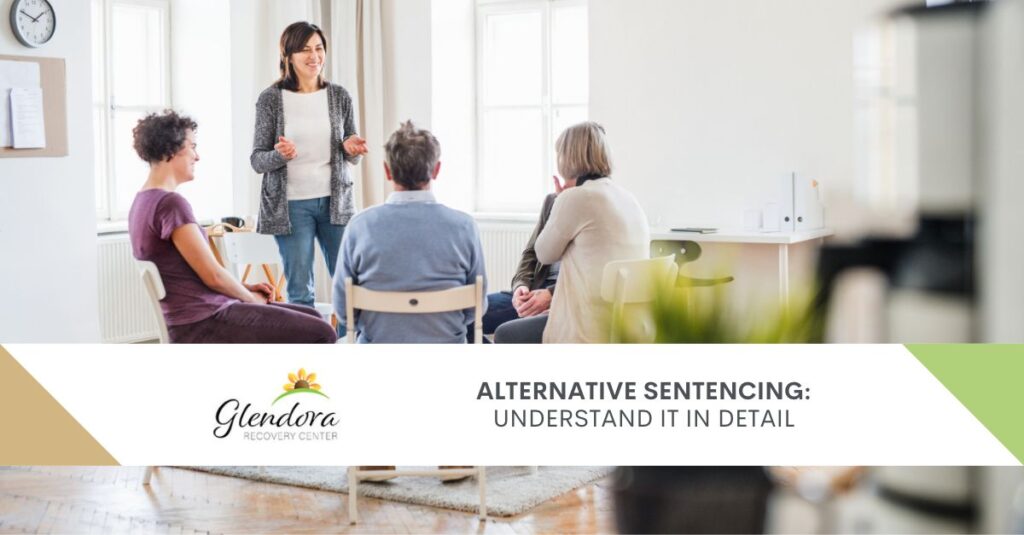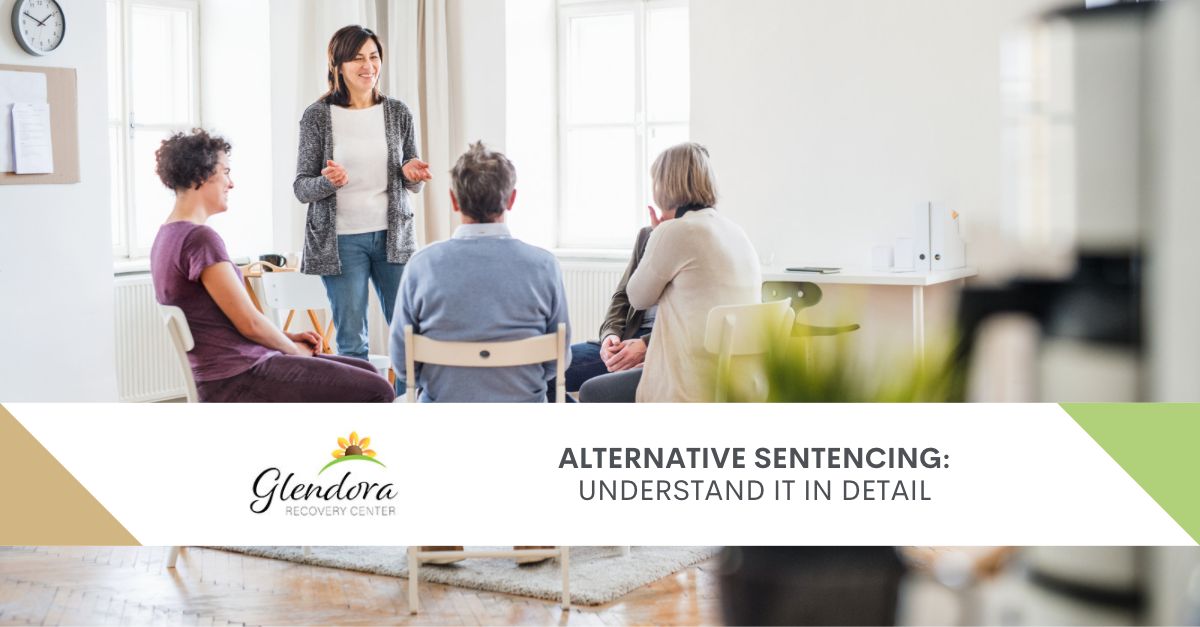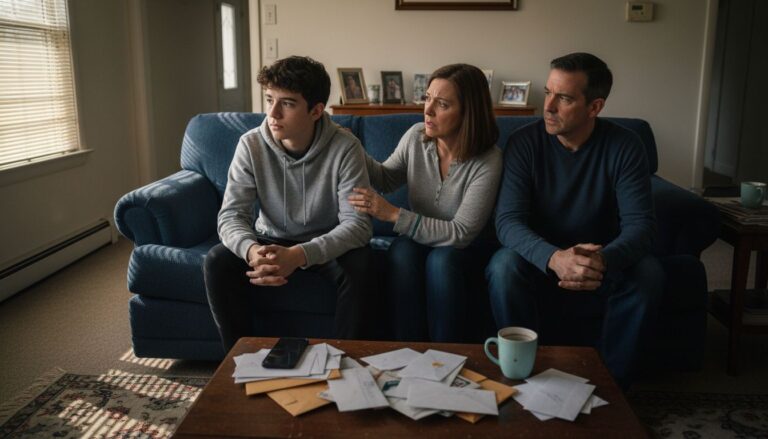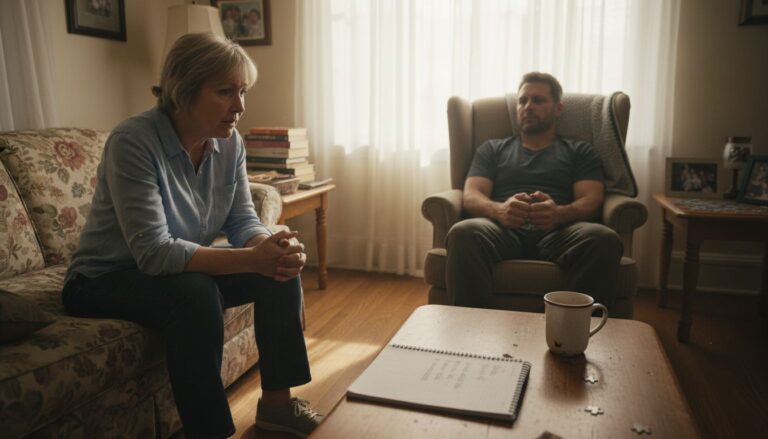There are many different types of sentences available to a judge in the United States when sentencing someone who has been convicted of a crime. One such penalty is called “alternative sentencing.” It is a program that allows judges to sentence defendants to programs other than prison.
These programs can include community service, drug treatment, or mental health treatment. Alternative sentencing is often used in cases where the defendant has a drug or alcohol addiction. The goal of this sentencing is to help the defendant get treatment for their addiction and keep them out of prison. Before diving into why this type of sentencing is essential, let’s look at some statistics.
What Do The Addiction Statistics Say?
According to reports, there is around a 65.3% chance that the court will order alternative sentencing for criminals to help them improve and to avoid future crimes. In addition, about 21% of the crimes happen due to the involvement of drugs or alcohol. Thus, it becomes a critical practice to prevent individuals from falling into the trap of addiction. On this note, let’s understand how this type of punishment helps criminals improve.
Better Addiction Recovery:
When an addict is sent to prison, the only rehabilitation they usually receive is when they are placed in a drug treatment program. However, these programs are often short-term and do not offer much help. On the other hand, when addicts are sentenced to alternative programs, they have access to long-term rehabilitation services that can help them recover from their addiction.
In addition, these programs also provide support for the addicts after they have completed the program. This type of support is essential because it helps reduce the risk of relapse. As we all know, relapse is common among addicts and can often lead to criminal activity.
Improved Mental Health:
It is common for criminals addicted to drugs or alcohol to also suffer from mental health problems. These problems can include things like depression, anxiety, or bipolar disorder. When these criminals are sent to prison, the only type of treatment they usually receive for their mental health problems is medication. However, this type of treatment is often not enough.
On the other hand, when criminals are sentenced to alternative programs, they have access to long-term mental health treatment services that can help them improve their mental health. In addition, these programs also provide support for the addicts after they have completed the program. This type of support is important because it helps reduce the risk of relapse. As we all know, relapse is common among addicts and can often lead to criminal activity.
They Learn Coping Skills:
When criminals are sent to prison, they often learn how to become better criminals. It is because prison is where most criminals can learn how to commit crimes and avoid getting caught.
On the other hand, when criminals undergo alternative programs, they learn how to cope with their addiction. They also learn how to live a healthy and productive life. In addition, these programs also provide support for the addicts after they have completed the program. This type of support is essential because it helps reduce the risk of relapse. As we all know, relapse is common among addicts and can often lead to criminal activity.
They Lead A Sober Life:
Alternative services help offenders lead a sober life. When they understand the downsides of addiction, they actively focus on learning coping skills. In addition, these programs also provide support for the addicts after they have completed the program.
This type of support is essential because it helps reduce the risk of relapse. As we all know, relapse is common among addicts and can often lead to criminal activity. These skills help offenders lead a sober life once they complete the punishment term.
Contact Us To Know More About Alternative Sentencing:
Get in touch with Glendora Recovery Center at (626) 594-0881 to know more about alternative sentencing. We follow all court orders and provide services adhering to legal orders.





